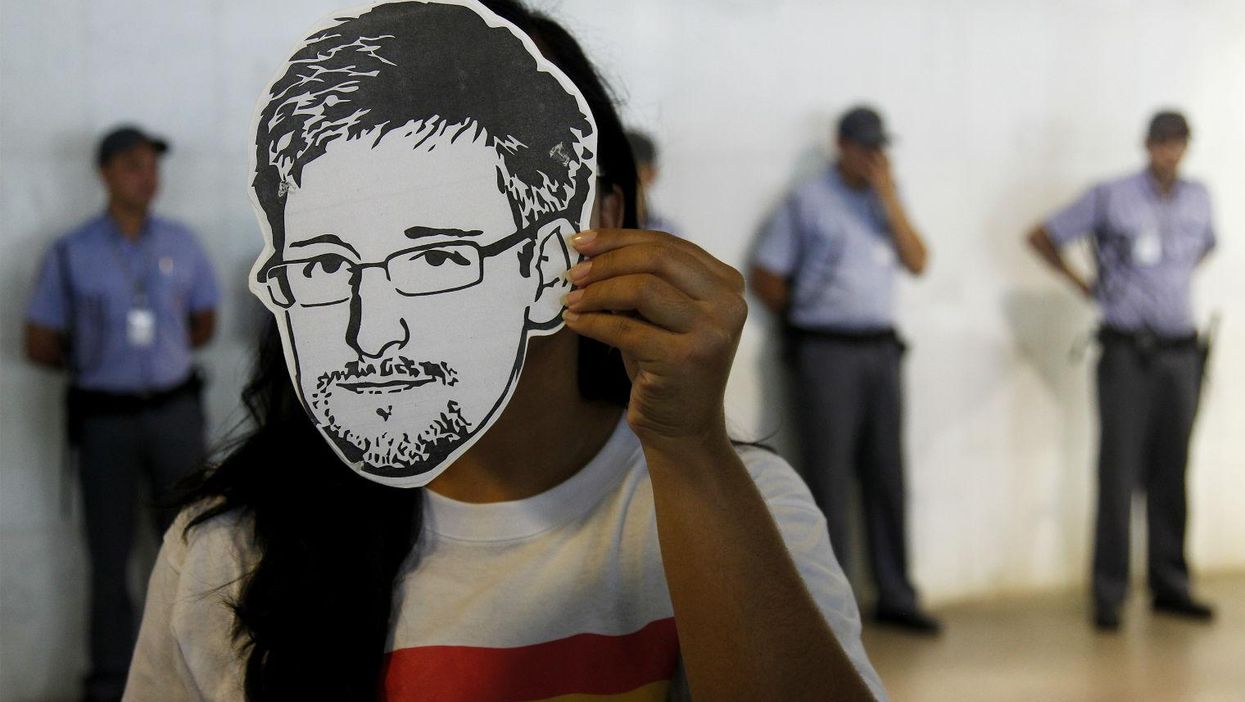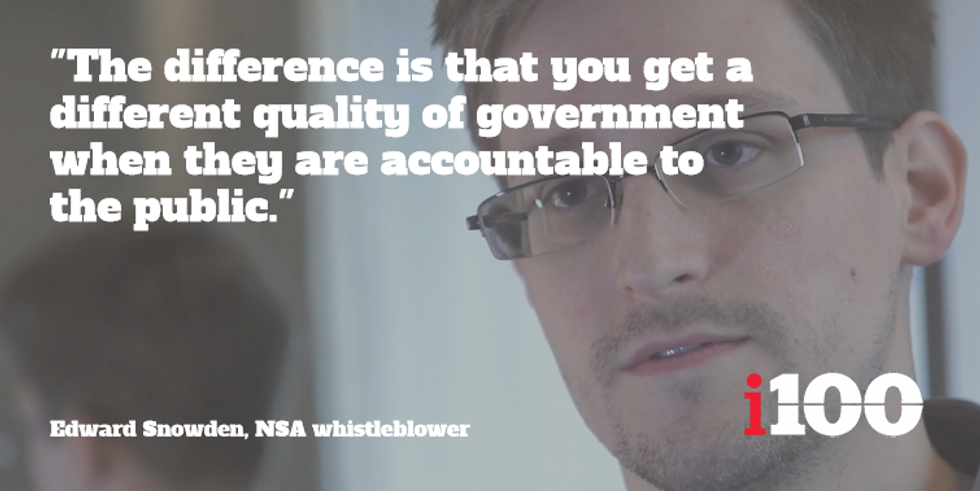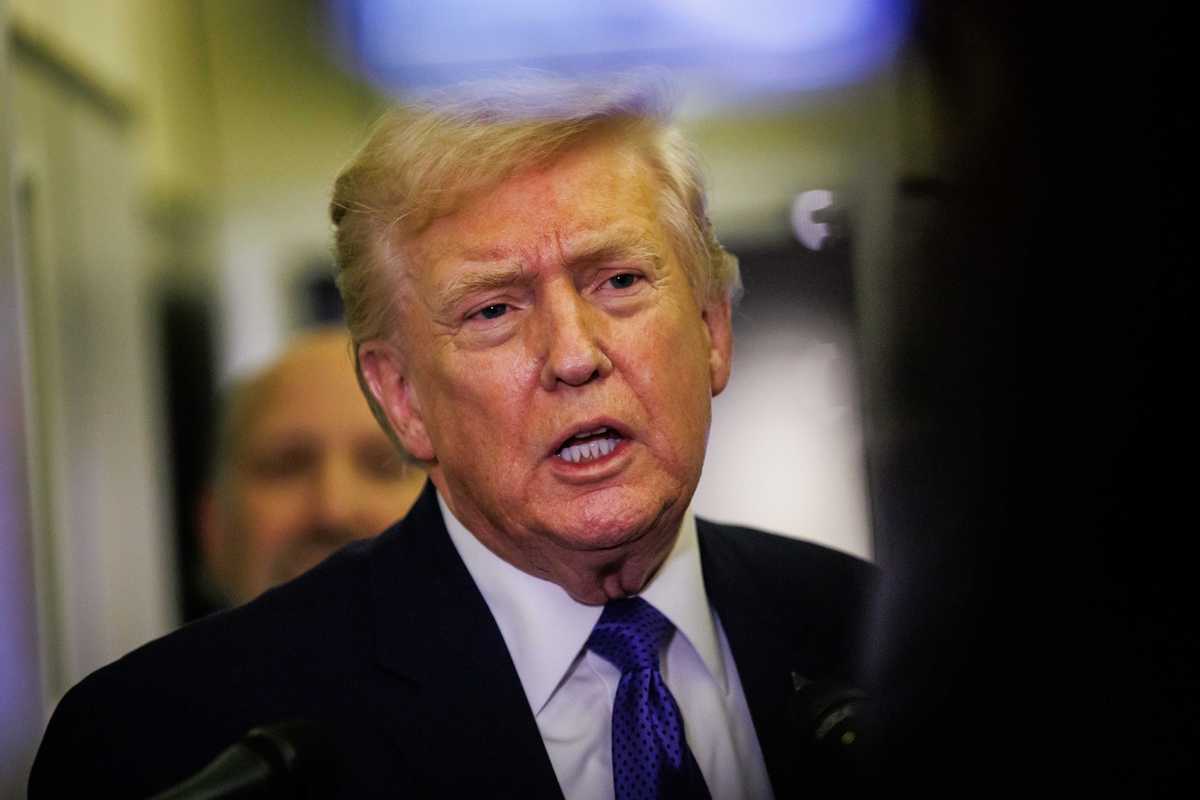News
Bethan McKernan
Jun 03, 2015

A demonstrator in Brasilia in February 2014 holds up an Edward Snowden mask during the delivery of a petition to grant the NSA whistleblower political asylum in Brazil.
Getty
Former National Security Agency contractor turned whistleblower Edward Snowden was quietly vindicated on Tuesday when the US Senate passed a bill to end the government's bulk collection of phone records.
The USA Freedom Act passed with 67-32 votes in the Senate after previously clearing the House of Representatives, and is the most significant overhaul to surveillance policy since 1978.
The NSA will stop collecting meta data and calling records from December.
Not everyone was happy with halting the surveillance programme. Republican majority leader Mitch McConnell, who fought to extend the Patriot Act (which legalised the majority of NSA activity and expired on May 31) said it was a blow to those trying to fight terrorists.
Republican Representative from New York state Peter King tweeted rather incoherently that the passing of the bill was a defeat for Snowden, lumping him in with Republican presidential hopeful Rand Paul and also terror group Isis:
Speaking via a video link from Moscow to an Amnesty International event in London last night, Snowden said that burning his old life to the ground and becoming an “international fugitive” had been worth the sacrifice because of the information's importance to the public interest.
Snowden, 31, has been living in exile in Russia for two years after exposing the extent of the global surveillance programme by passing on classified records and allowing them to be published outside the US. He is still waiting on asylum decisions from 21 different countries.
In 2014 both independent and White House-funded studies analysed hundreds of terror cases in the US and concluded that the NSA collection of phone records had had no discernible impact in foiling terror plots.
More: Are NSA agents looking at your sexts? Maybe, if you’re hot
Top 100
The Conversation (0)














